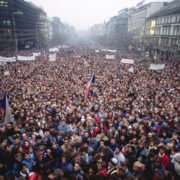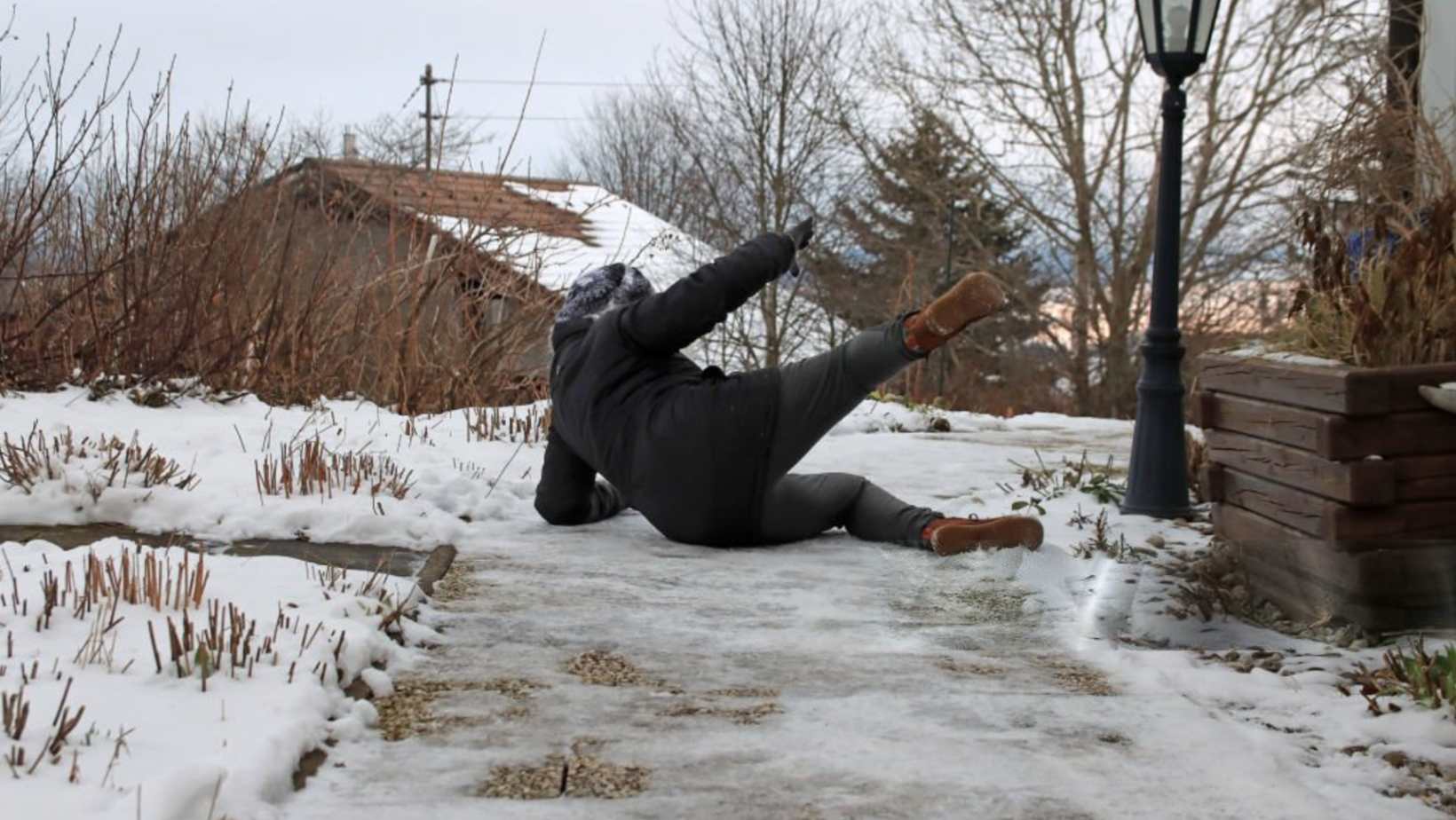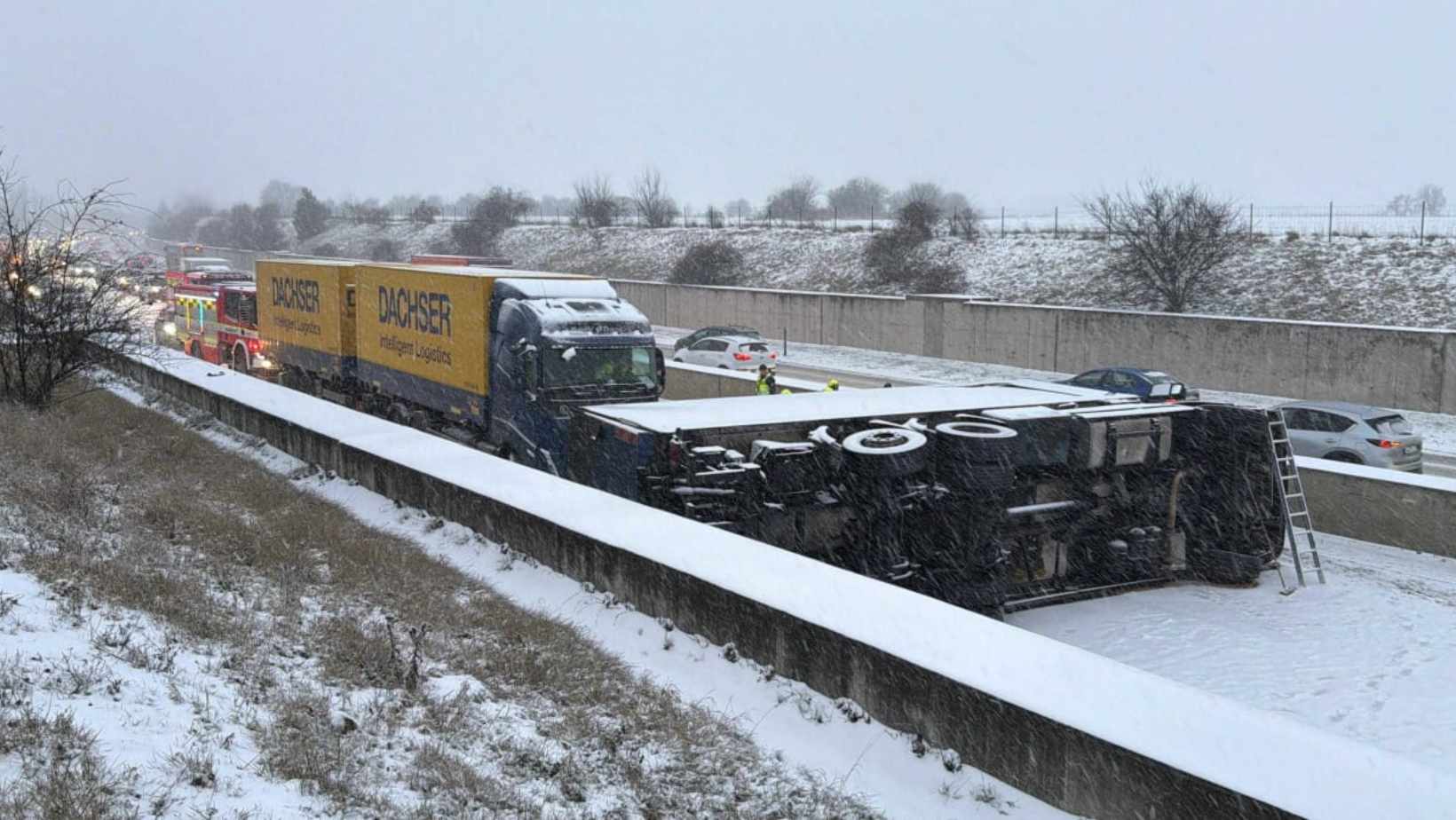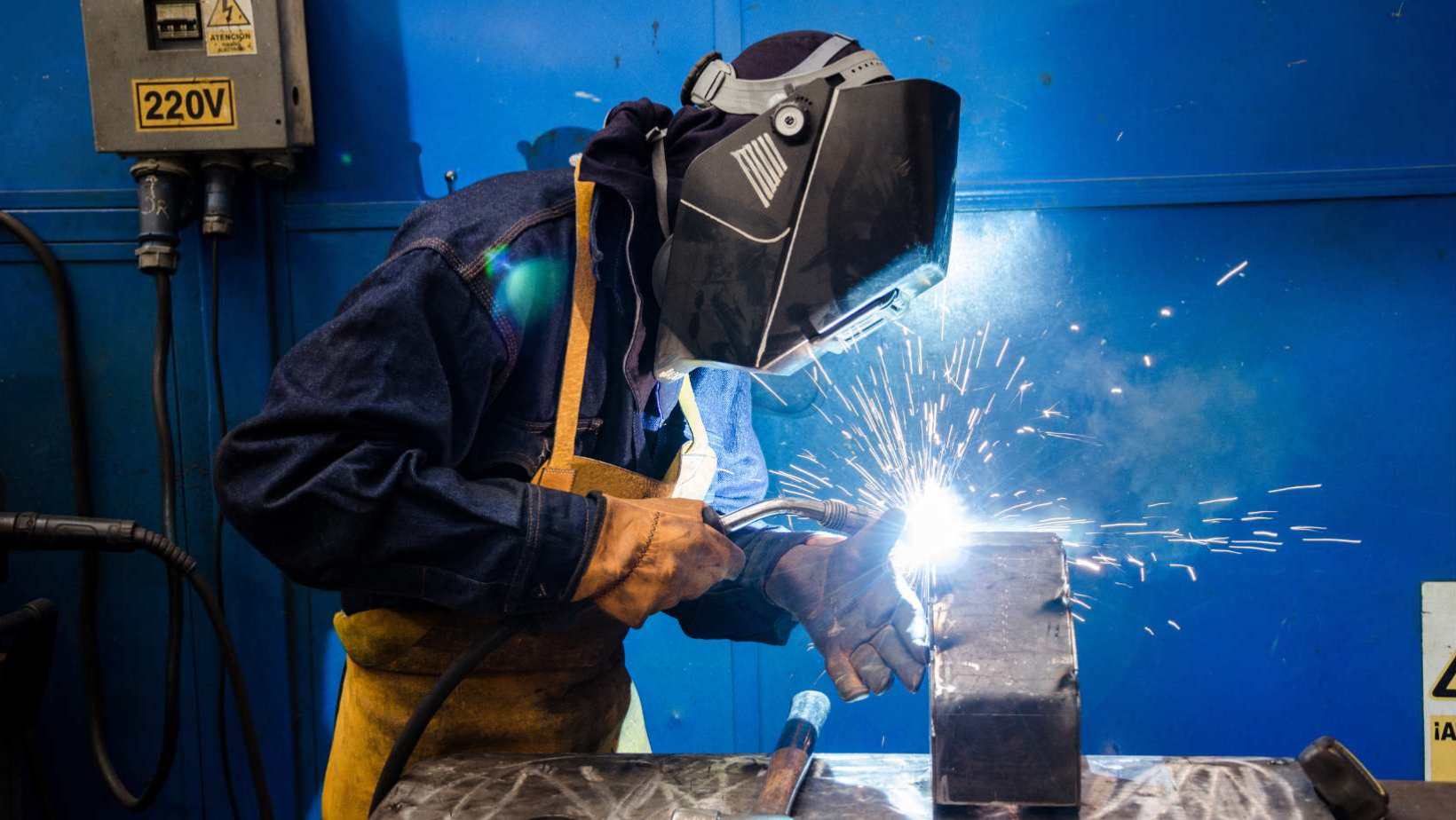The 30-year anniversary of the Velvet Revolution culminates today, November 17. Concerts, processions and debates, will be taking place in cities across the Czech Republic.
November 17
On November 17, 1989, student protesters filled the streets of Prague. It was eight days after the fall of the Berlin Wall.
November 18
Striking actors in Prague opened theater stages only for public discussions, and university and performing arts students went on strike. Homemade posters and proclamations were posted in public spaces, and actors read a proclamation by the students and artists to audiences, calling for a general strike on 27 November.
November 19
In Prague, the Civic Forum (OF), which called for a change of the regime, was created. It was led by Václav Havel and other dissidents from Charter 77.
November 20
The students were joined in the coming days by Czechoslovak citizens of all ages. By Nov. 20, a half-million Czechs and Slovaks filled Prague’s streets and took over Wenceslas Square. The Communists were forced out.
Secretary General of the Central Committee of the Communist Party of Czechoslovakia, Miloš Jakeš, invited the so-called People’s Militia to Prague. They received weapons and ammunition.
November 21
Havel met with VPN representative Peter Zajac, marking the very first meeting between the two opposition movements. PM Ladislav Adamec agreed to meet with the representatives of the opposition, but on the condition that Havel would not be present.
Some 200,000 people demonstrated in Wenceslas Square in Prague.
November 23
Havel told the demonstration in Prague said that there was no way back to the totalitarian regime. The Minister of Defense also delivered a television address in which he called for an end to the demonstrations, but also declared that the army would not take action against the Czechoslovak people.
November 24
Alexander Dubcek appeared on the Melantrich balcony with Vaclav Havel. The meeting broke up with chants of “Dubcek to the Castle” and calls for another mass demonstration on the larger Letna plain.
Miloš Jakeš, the General Secretary of Communist Party resigned.
November 26
Half a million people attended a massive demonstration in Letna. This time the crowd were addressed by the Prime Minister Ladislav Adamec.
November 27
A two hour symbolic general strike takes place. It would take place at midday and students volunteered to man crucial shift work and emergency services, so that production and public safety would not suffer. The strike action was successful – over 50% of the entire population stopped working.
November 28
Representatives of OF, VPN, the federal parliament and PM Adamec met in Prague. Adamec promised to introduce the government by December 3. They discussed the release of political prisoners and the abolishment of articles about the leading role of the party and the Marxism-Leninism doctrine.
November 29
Parliament voted in favor of the legislation and also abolished the provision that made Marxist-Leninist ideology a mandatory part of school curriculum. After ten days of non-violent protest, the the Party had lost their stranglehold on the Czechoslovak state.
December 3
The Soviet Union and the Warsaw Pact issued separate statements condemning their invasion of Czechoslovakia in 1968.
December 7
Adamec resigns as Prime Minister.
December 10
After he swore in a new government of opposition activists and moderate Communists under Communist Prime Minister Marian Calfa, Husak finally stepped down as president.
December 16
Havel appears on television and announces he would accept the presidency, but only until free elections can be held.
December 20
Disturbing the Peace, a book which records an extended conversation between Havel and Karel Hvizdala (a Czech journalist living in Bonn, Germany), is released. The publisher, Melantrich, has put together and released the book in an unprecedented ten days.
December 29
Havel is unanimously elected President of Czechoslovakia by the parliament.
-
NEWSLETTER
Subscribe for our daily news










